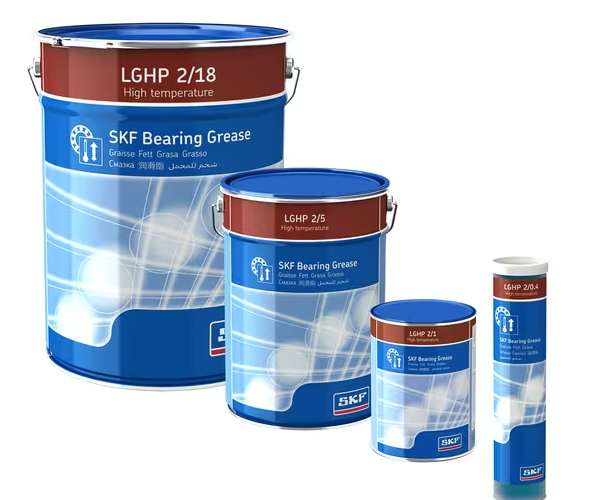When talking about lubrication, two things that come to mind are oil and grease. Oil and grease serve very similar functions, yet they are not the same thing. When in situations or circumstances where oil is not practicable or handy, grease is utilized instead. The dilemma arises while attempting to choose which solution is best for your application. What makes grease different from oil? Grease is used using base oil, which is typically a mineral oil, performance additives, and thickening agent. The grease component is about 90{24536ea7f5b93112777a4ebcac241c8a35d26745ccf2da78a81ab3f2432b6684} and the remaining 10{24536ea7f5b93112777a4ebcac241c8a35d26745ccf2da78a81ab3f2432b6684} is the other mentioned components.
The issue that many facilities are concerned about when it comes to using grease is its expensive price. True enough, it is more expensive when compared to oil. However, as they say, with price comes performance. Grease performs better than oil, which is the reason why many manufacturing companies spend money on grease despite its price. What they usually do is they keep an eye on a grease price chart (ตารางราคาจารบี, term in Thai) so they will be able to get the best deal. Let us dig deeper into the uses of grease.
Below are the applications of grease
One of the important things to keep in mind is that oil and grease cannot be used interchangeably. There are some applications that use oil and some that are designed for grease alone. If you are eyeing using grease, you can use them on the following applications:
- Grease is ideal in machines used under extreme temperature conditions such as in shock loads, high pressure and temperature, and heavy loads under slow speed. The function of grease in this scenario is to provide a thick lubricating film. An oil, which is typically thin cannot sustain the needs for these scenarios. One thing to keep in mind – make sure you use heavy-duty grease.
- Grease is perfect to use for worn components for it maintains a thick film, especially in clearances that are damaged by wear. What the grease does is it extends the lifespan of the damaged parts.
- Grease has the ability to lessen the need for frequent lubrication, especially in parts that require an ample lubricating system.
- Grease can effectively seal dirt and dust out of the bearings.
What to keep in mind?
There are many companies specializing in grease. They vary in brands and makes. Some are better than others. One way to check is by looking at the consistency. It pertains to the rigidity of the grease, which will help determine how good it is at lubricating without causing too much friction. The consistency of the grease heavily depends on the amount as well as the type of thicker used. It can also be affected by the viscosity of base oil. It is crucial to choose the right one for your application. Choosing the wrong one can cause more harm than good. If you are not sure, it is best to entrust the task to the hands of experts. Do your research well before making your purchase.

